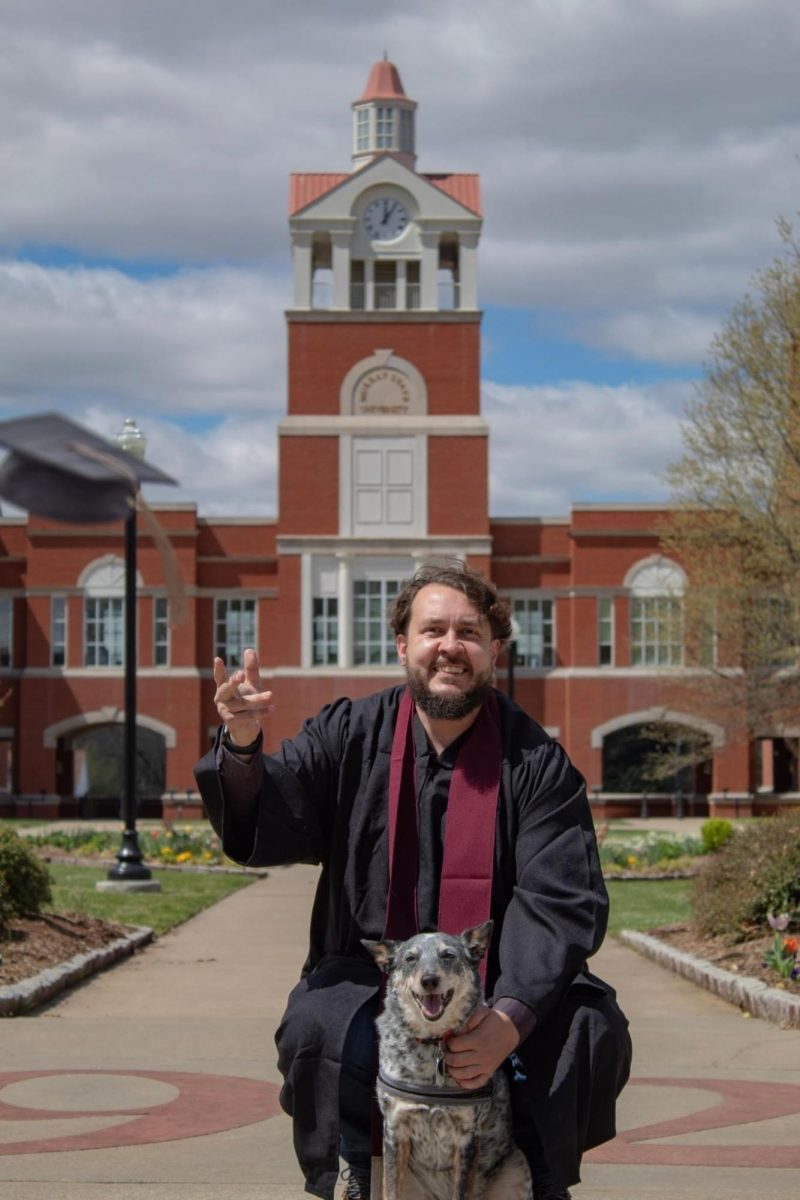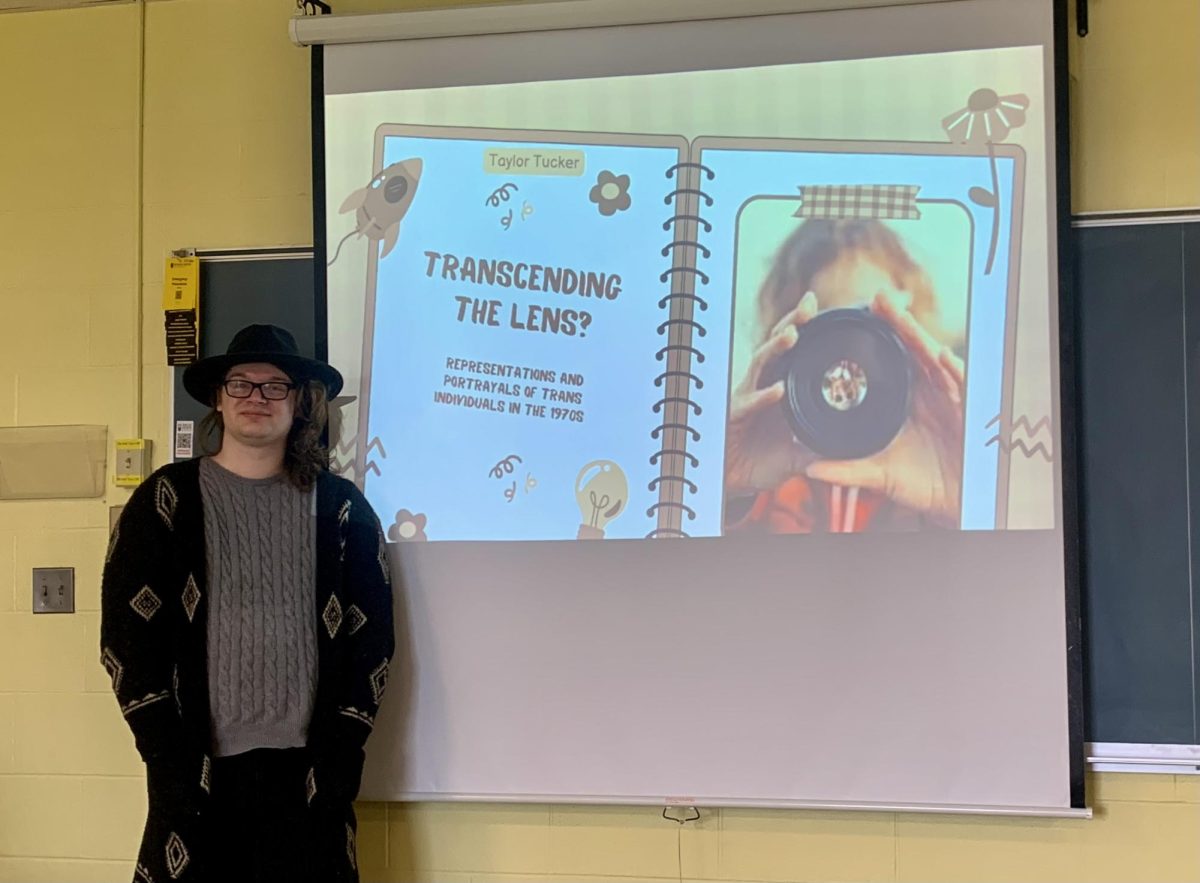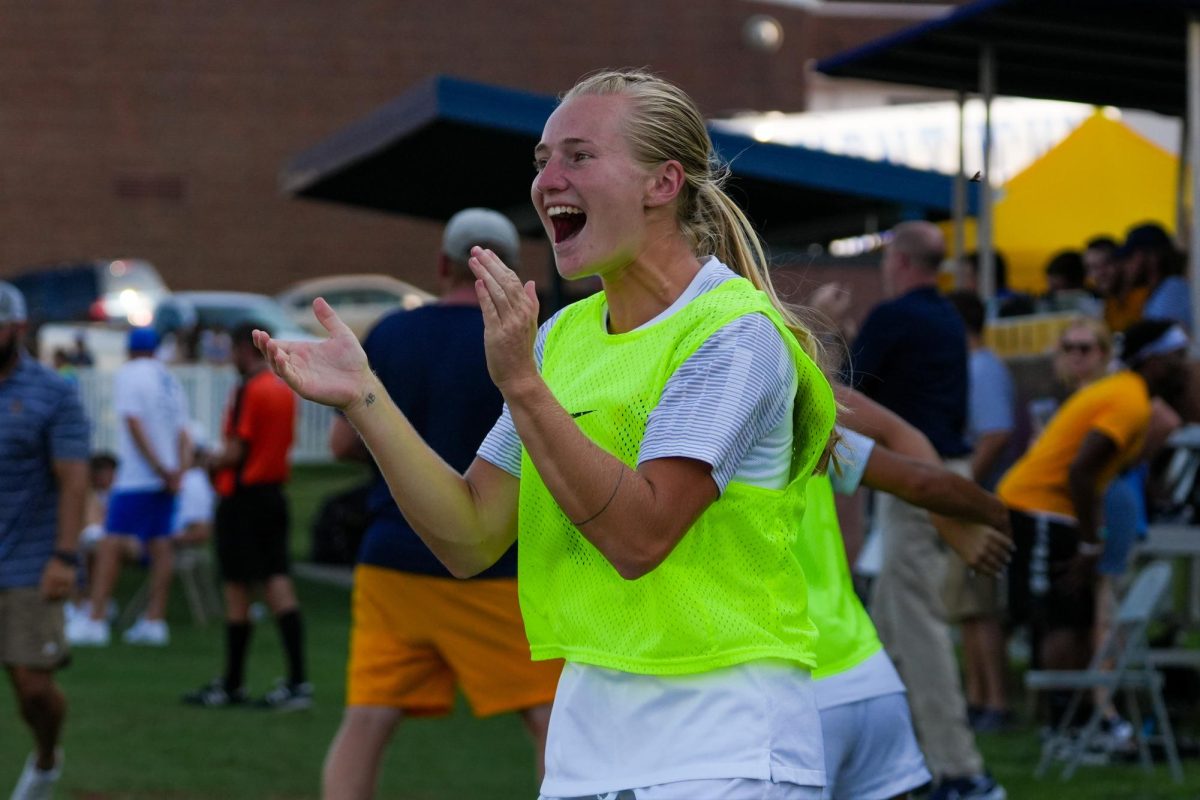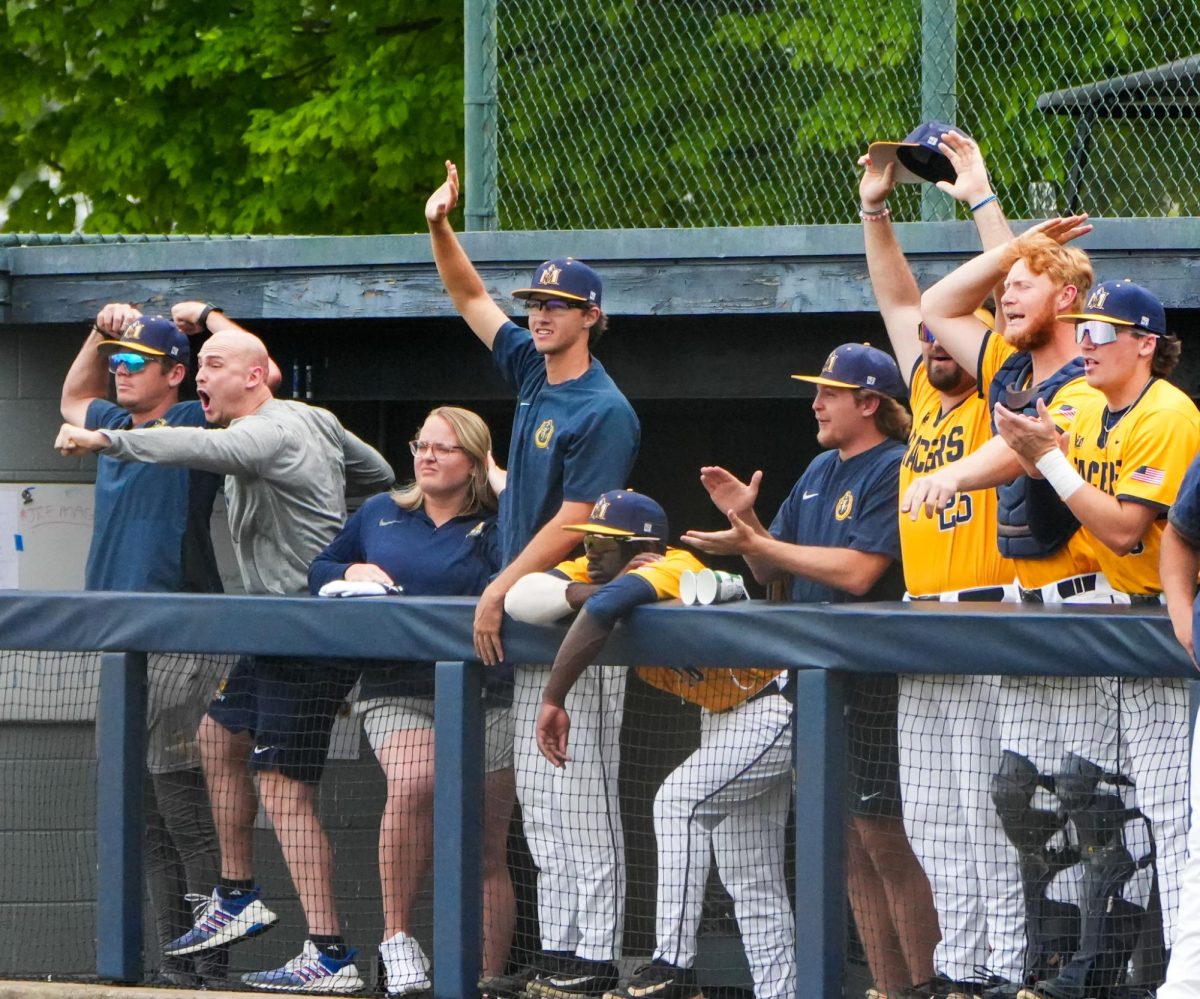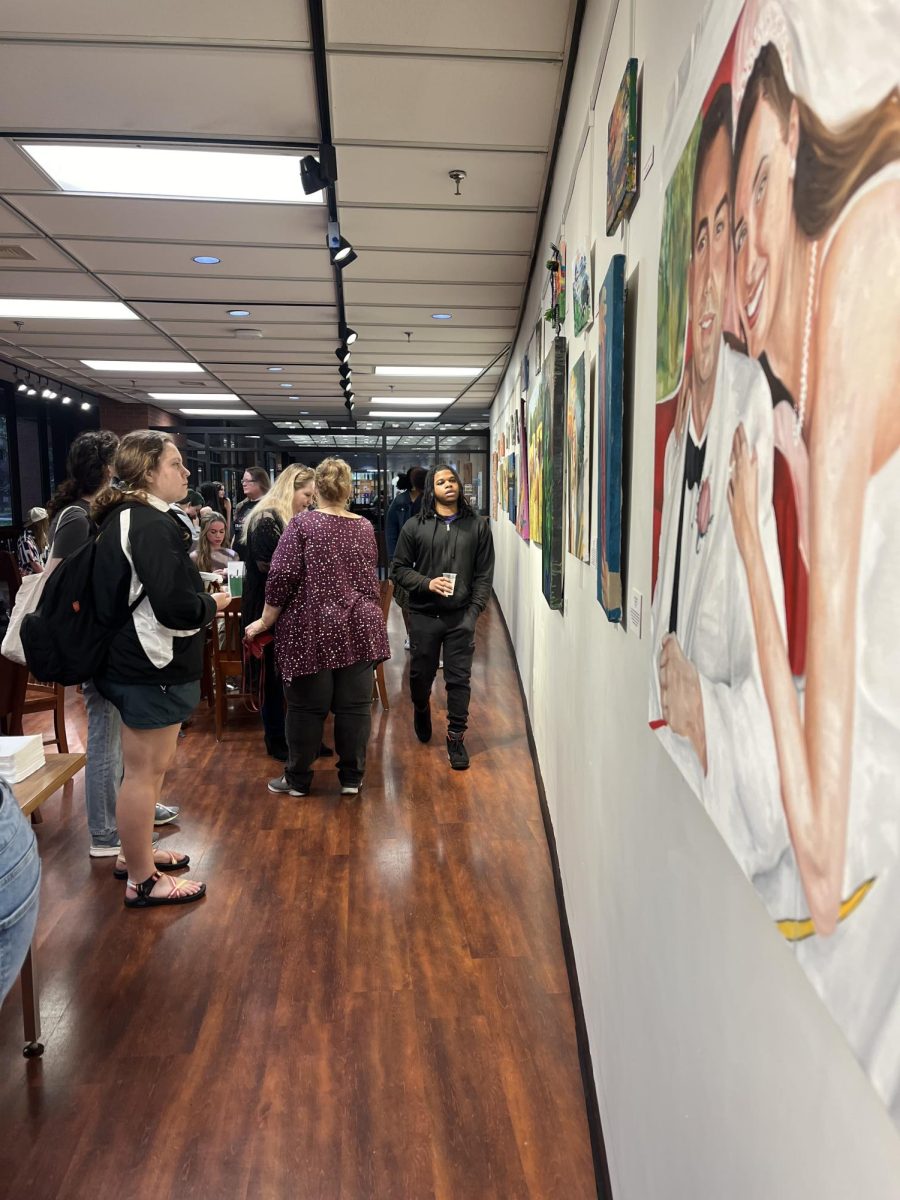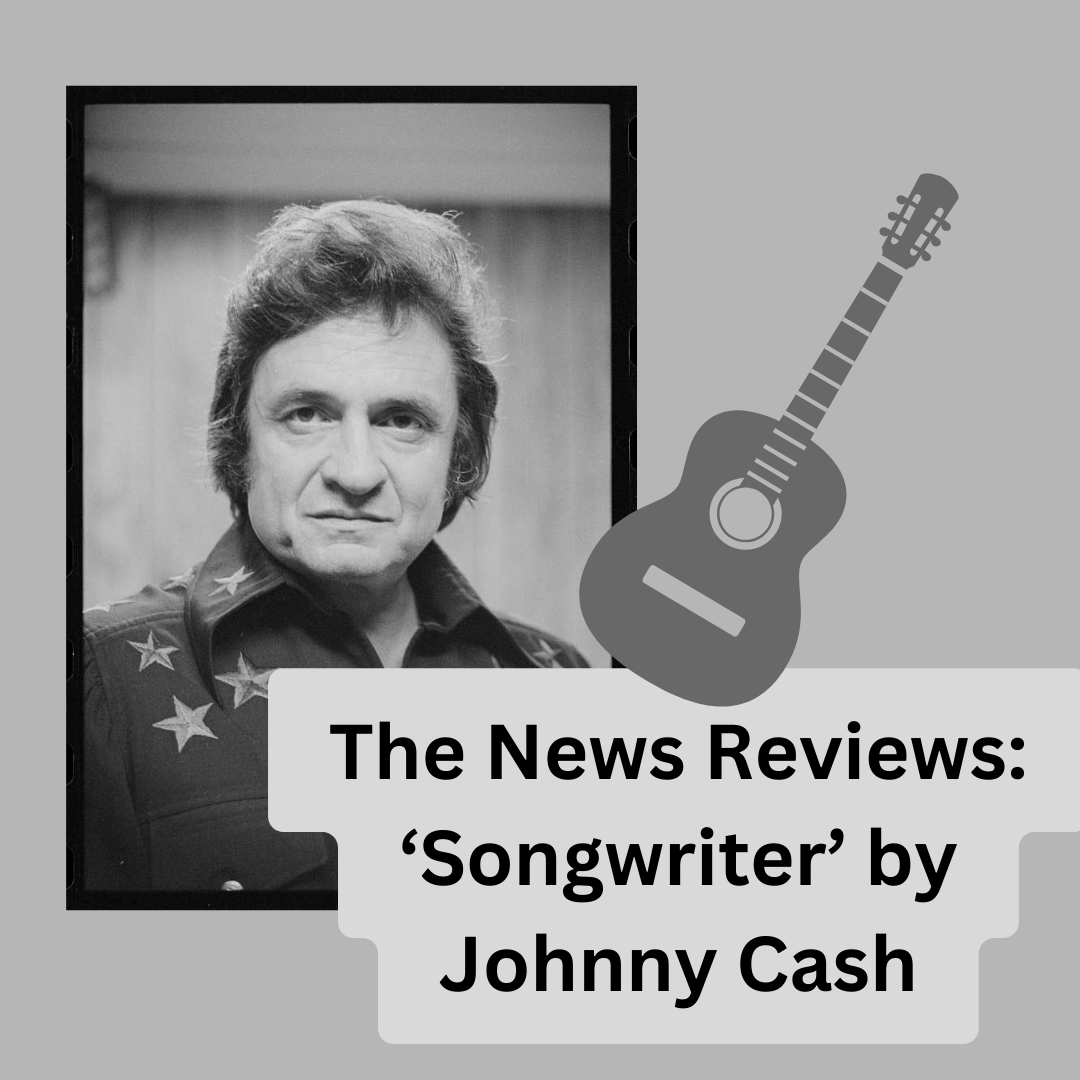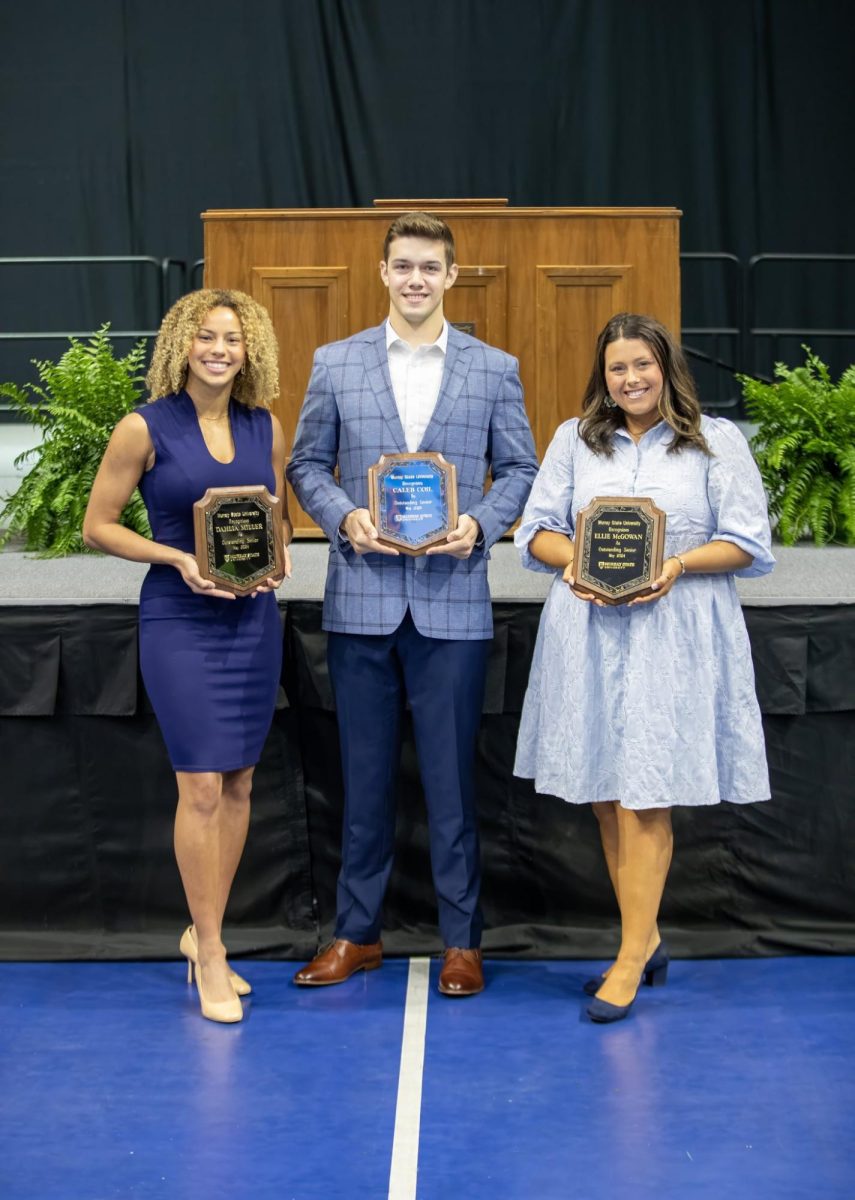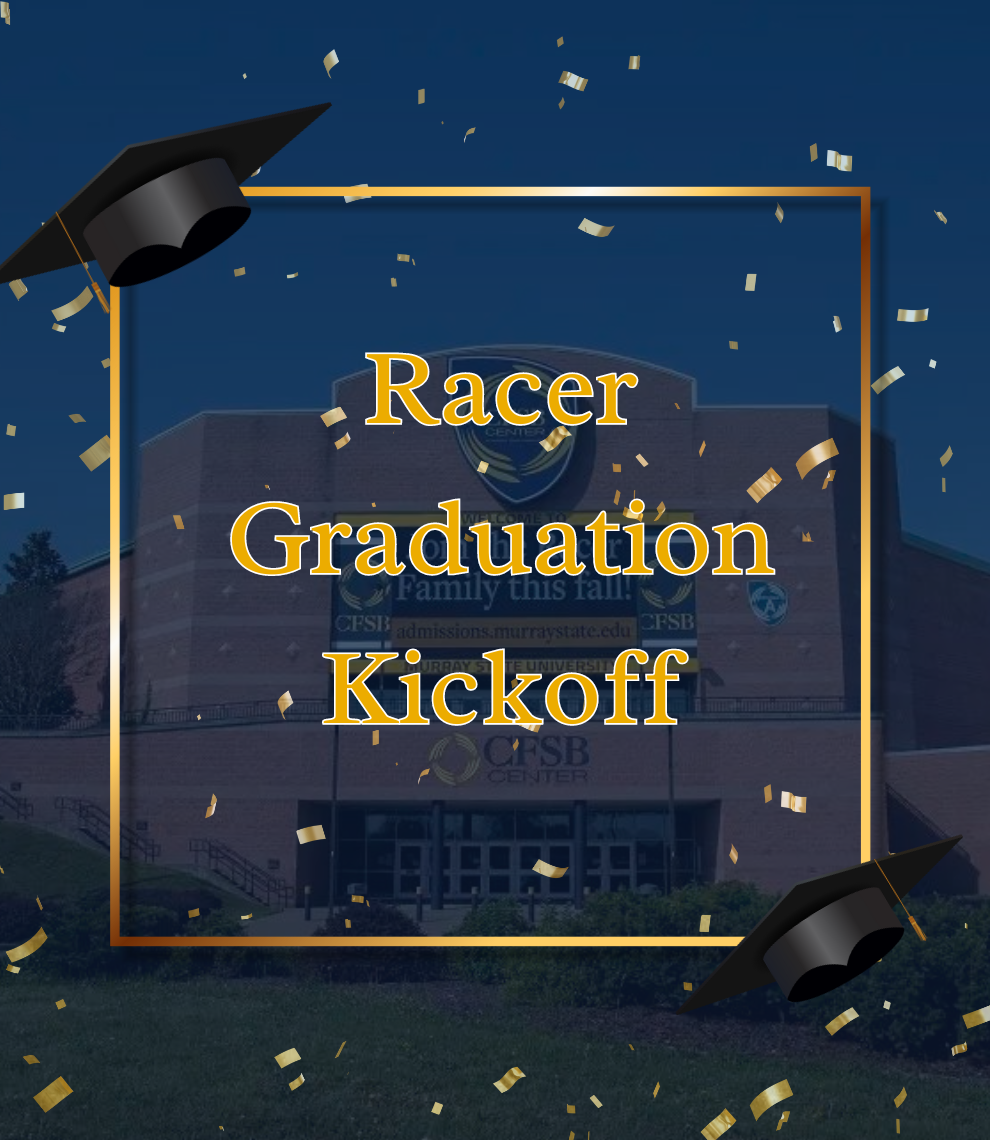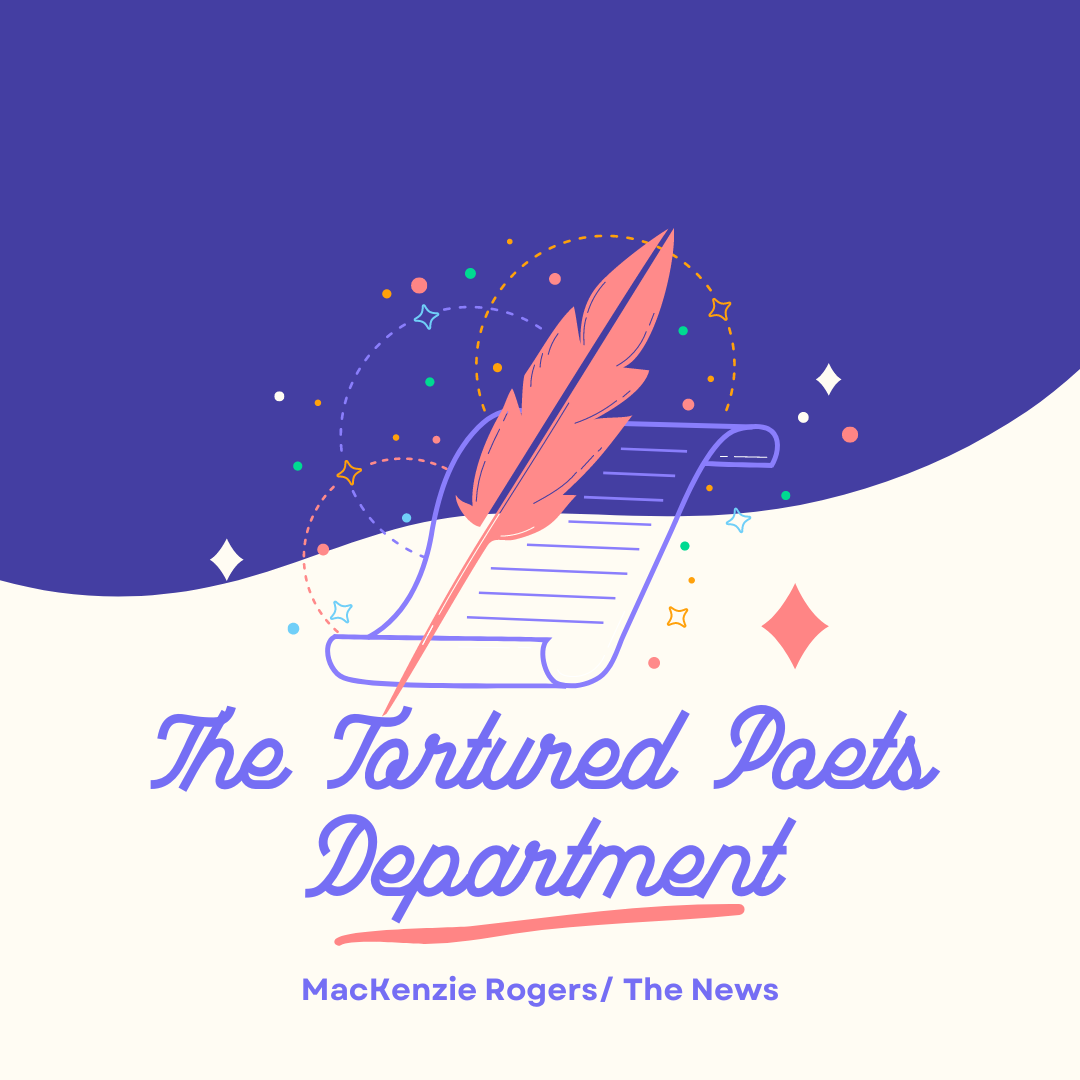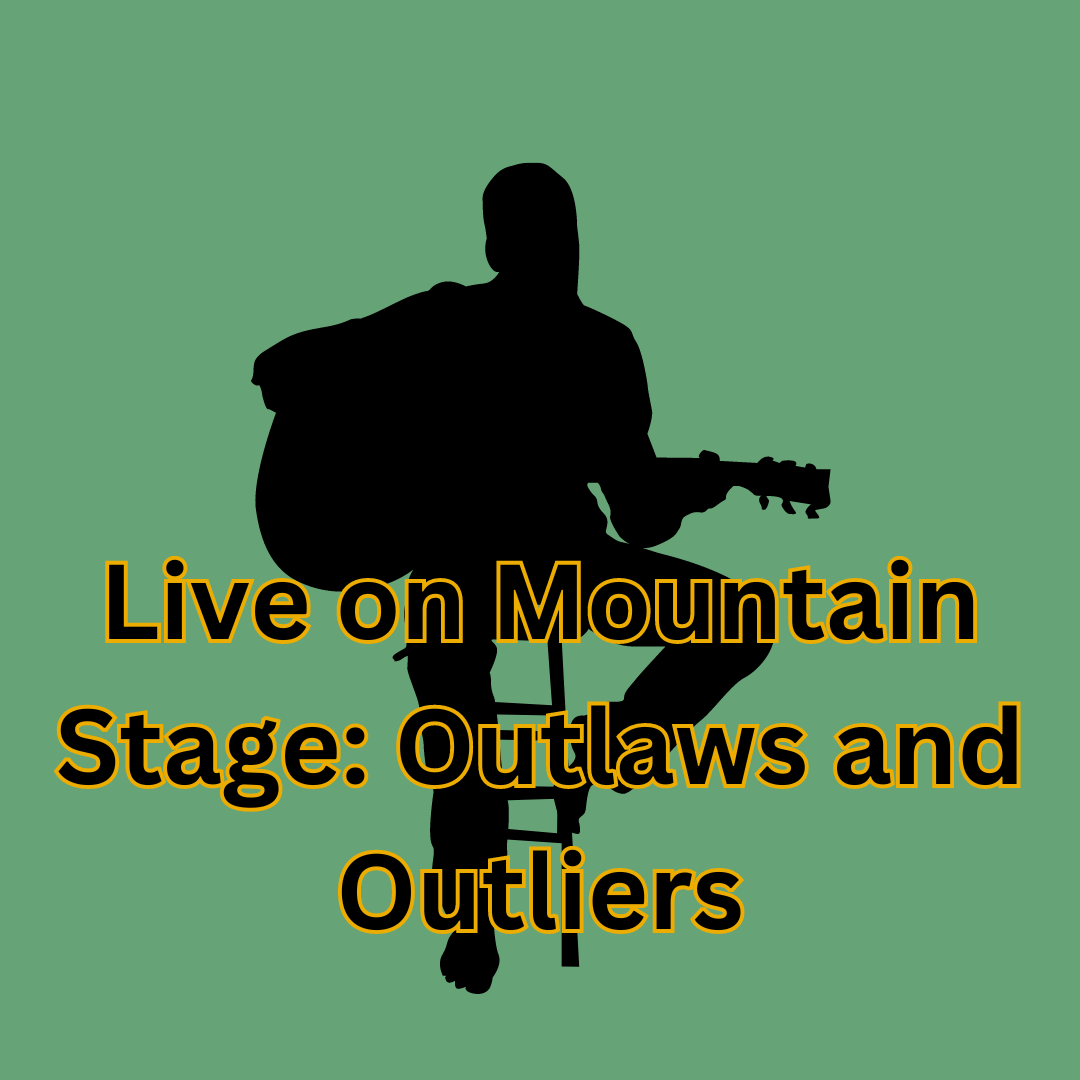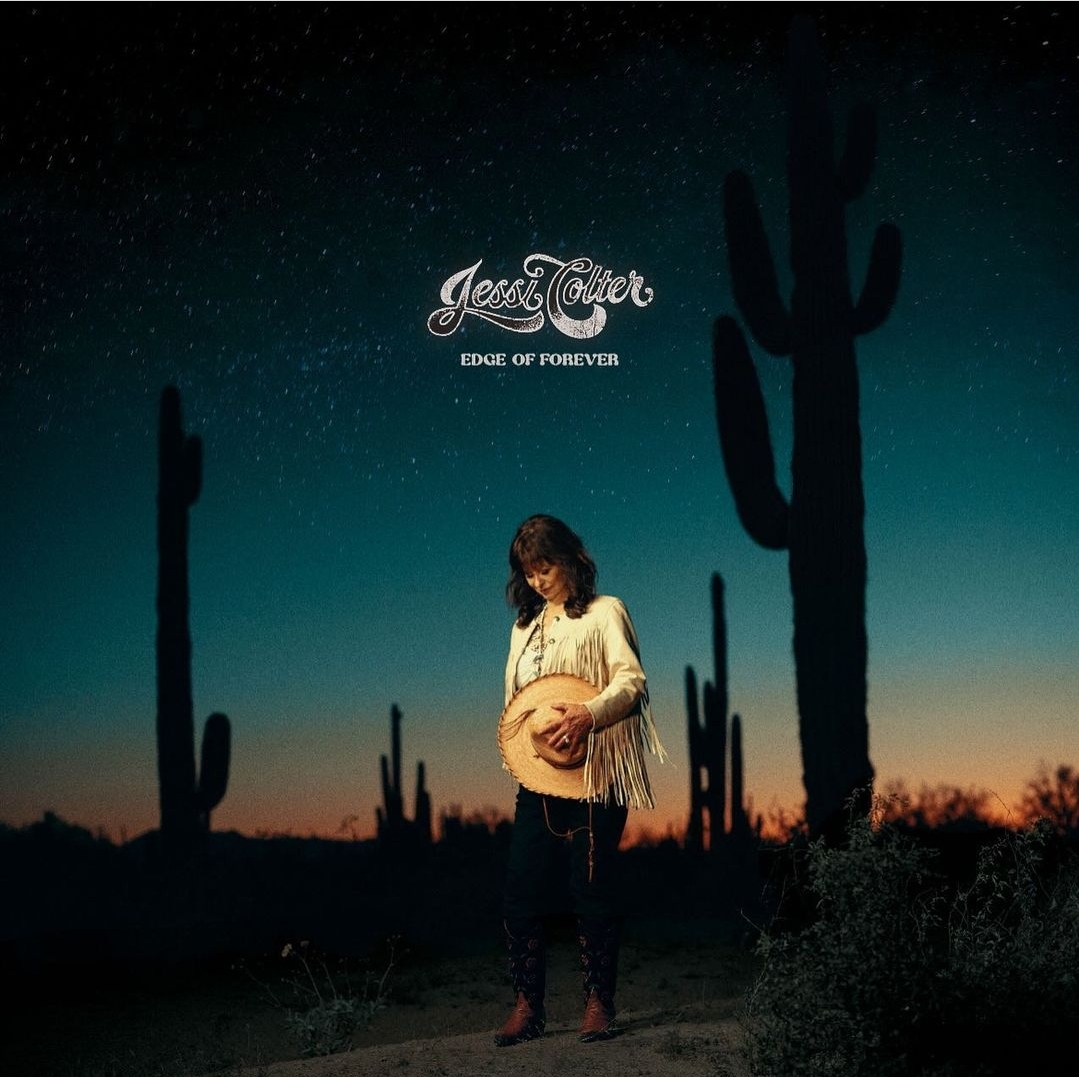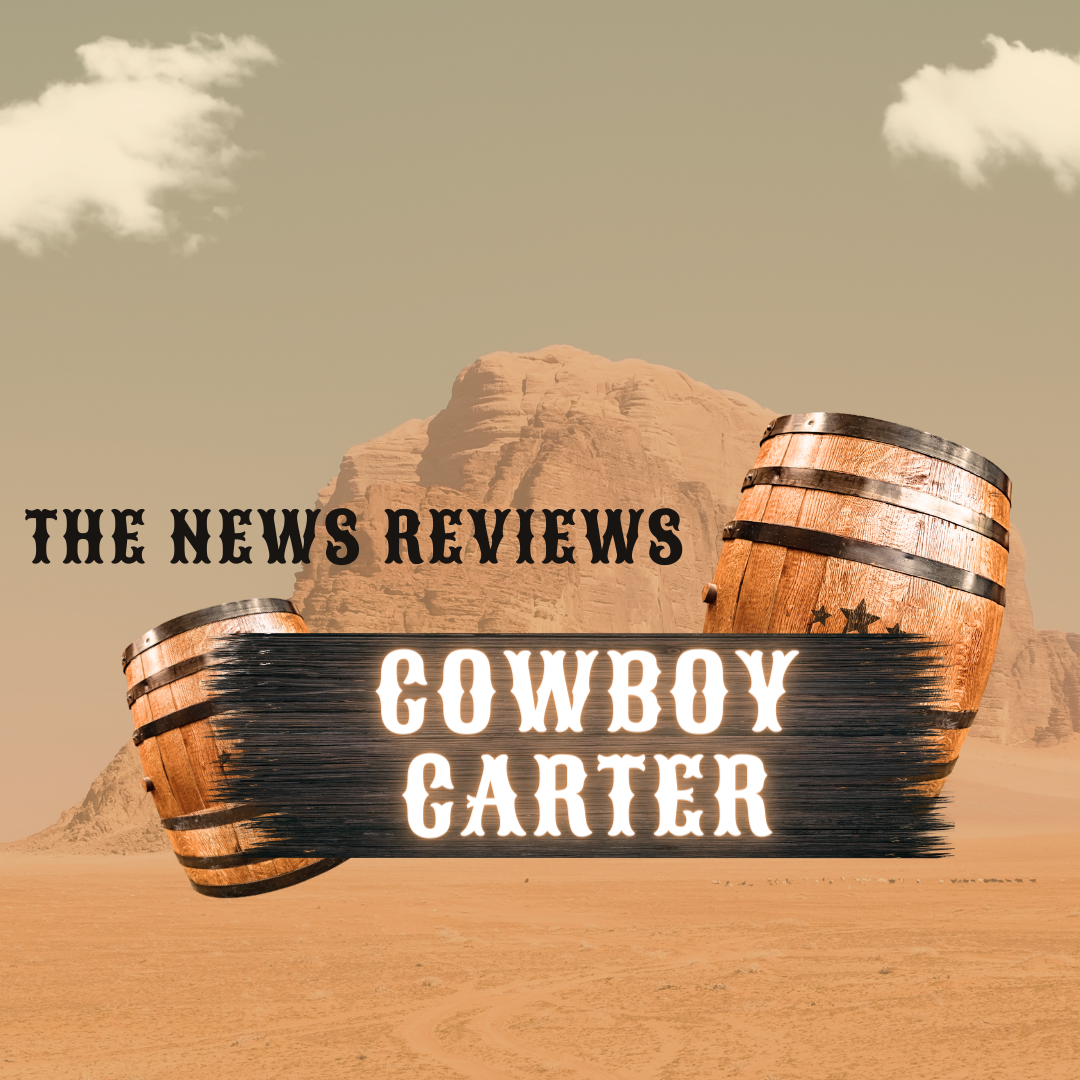For those unfamiliar with the genre, Jessi Colter is widely considered the queen of outlaw country music. The fact that she is the lone woman on the 1976 compilation album “Wanted! The Outlaws,” a landmark album for the genre and the first country album to go platinum, is likely credentials enough. However, Colter also has the outlaw royal family to back up her title. She was married to Waylon Jennings, for many the genre’s quintessential artist, from 1969 until his death in 2002, and their son Shooter Jennings is now a major force in the genre as both an artist and a producer.
Shooter mixed “Edge of Forever,” Colter’s first album in six years. The production was handled by Margo Price, another major artist whose rock and country fusion can probably safely be called outlaw, though the term was hard to define 50 years ago and remains so now. This team did an excellent job front to back on the album. While not every song spoke to me personally, there was not a moment when the production worked counter to what the song was trying to accomplish.
Practically every song feels as if it could have existed on one of Colter’s 1970s albums, yet manages not to feel dated. The possible exception is “I Wanna Be With You,” a reworking of a song Colter released in 1984, which opts to keep the very 1980s background vocals now performed by Price.
Colter’s vocals across the album also deliver. Sure, the performances are understandably a bit more restrained than they were 50 years ago, but the character her voice has gained more than compensates. The album is a mix of songs old and new, some written, co-written or reworked by Colter, Price, Colter’s daughter Jenni Eddy Jennings and other various songwriters.
The album opens with “Standing on the Edge of Forever,” a rock tune written by Colter about rejecting a past love trying to reenter one’s life. This is one of two songs, along with “Angel in the Fire,” Price heard that convinced her Colter not only needed to make another album, but that she wanted to be part of it. Upon listening, it’s apparent that Colter is by no means past her prime as an artist. With a groove that demands at least a little toe tapping and some of the strongest lyrics on the album, it does a perfect job of setting the tone “Edge of Forever”.
“I Wanna be With You” is a reworked song from Colter’s 1984 album “Rock and Roll Lullaby.” As I mentioned earlier, I can’t get past the approach to background vocals, but the song isn’t completely without its charms.
This is followed by a melancholy country ballad, “Hard on Easy Street,” about the inability to escape hardship, even with a privileged life. The song was previously recorded by Johnny Cash as “Easy Street” on his 1985 album “Rainbow,” which featured background vocals from Waylon Jennings. This is a high point of the album for me and, as someone whose first favorite singer was Johnny Cash, I have to admit I think Colter has the superior version.
“Lost Love Song” originated as a demo tape by an unknown writer that Waylon Jennings played for Colter decades ago, according to an interview with NPR. One can’t help but imagine how the song would have sounded as a duet between the two, but the song works well with Price as the duet partner and is another album highlight.
“Angel in the Fire” was written by Colter as a tribute to Lisa Meyers, wife of outlaw legend, and one of my personal favorite artists, Kris Kristofferson. The song speaks to the strength required to stay married to two of the wild men of the genre. It’s another excellent track.
“Can’t Nobody Do Me Like Jesus” is a gospel song written by the Rev. James Cleveland and rewritten by Colter with rock instrumentation. Colter’s faith is very important to her, and I don’t mean to diminish that when I say I found this to be one of the album’s weak points. I simply don’t feel the song translates well to rock. The various performances I found of the song in its traditional gospel style work much better to me.
“With or Without You” is a perfect fusion of rock, country, and soul. It’s a song about moving on, with or without a love that’s trying to hold you back. The musical range of the album seems to converge in this track, resulting in a fantastic piece of Americana music. A Bob Dylan reference never hurts in gaining my favor, either.
“Fine Wine,” written by Price and Jenni Eddy Jennings, is the most purely-country track on the album. As you can probably surmise by the title, the song focuses on Colter getting better with age. While it may not be the most original analogy in the world, sometimes simple works. A song with this theme almost feels like a necessity on a late-career album. Leaning more heavily towards the country side of the outlaw sound suits Colter’s voice well, and I wish there were more songs on the album that took that direction.
“Maybe You Should” features the final vocal appearance of Price on the album. It has a classic outlaw sound and a classic outlaw theme: trying to move past an old love. In my opinion, it features the best lyrics on the album.
The album closes with “Secret Place” written and performed by Colter and Jenni Eddy Jennings. They wrote the song decades ago, paraphrasing the 91st Psalm. Colter said Waylon Jennings was adamant she record it, and years later, the time has come. While it’s not one of my personal favorites, it does close out the album well.
“Edge of Forever” both honors and contributes to the legacy of one of the most iconic women in country music. There is no overzealous attempt to reinvent the wheel of either outlaw country or Colter’s previous work. As her first album in six years and her first country studio album in 17 years, it is a concise reminder of what has made her music special for decades.




